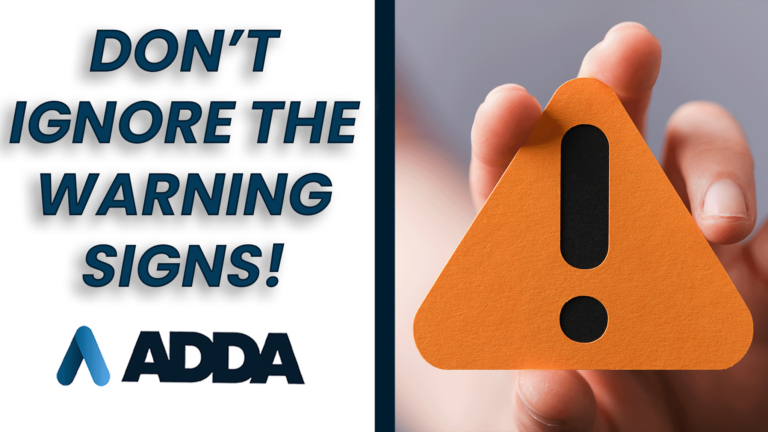Running a small business is challenging, and while your focus might be on growth and customer satisfaction, HR compliance often takes a backseat. However, neglecting HR can lead to serious consequences, from legal fines to high employee turnover.
In this blog, we’ll explore why HR compliance is crucial for small businesses and how it can protect your company from costly risks.

The High Stakes of Ignoring HR Compliance
Many small business owners assume that HR is something only large companies need to worry about. This misconception can be costly. Without a dedicated HR function, small businesses expose themselves to legal risks, financial penalties, and even damage to their reputation.
Let’s break down some of the key areas where non-compliance can hurt your business:
- Legal Liabilities
- Risk: Small businesses without proper HR policies are at higher risk for lawsuits related to wrongful termination, discrimination, and workplace safety violations.
- Consequence: Legal battles are not only expensive but can also drain your time and energy, diverting focus from your core business.
- High Employee Turnover
- Risk: Without structured onboarding, clear policies, and employee support systems, your business may experience higher turnover rates.
- Consequence: The cost of replacing an employee can be significant, often exceeding 50% to 60% of the employee’s annual salary. Moreover, constant turnover disrupts productivity and lowers morale among remaining staff.
- Compliance Fines and Penalties
- Risk: Failing to comply with employment laws, wage regulations, and safety standards can result in hefty fines.
- Consequence: Even minor infractions can lead to substantial penalties, straining your financial resources and harming your business reputation.
- Poor Employee Morale
- Risk: A lack of HR oversight can lead to unclear job roles, inconsistent policies, and an unhealthy work environment.
- Consequence: Disengaged employees are less productive and more likely to leave, which further exacerbates turnover issues and affects overall company performance.
- Inadequate Documentation and Record-Keeping
- Risk: Without proper HR processes, documentation like employee records, performance reviews, and disciplinary actions may be incomplete or missing.
- Consequence: This lack of documentation can be detrimental if disputes arise, leaving your business vulnerable in legal scenarios.

HR Compliance for Small Businesses: The Essential Checklist
To avoid these risks, it’s crucial to establish a robust HR framework, even if your business is small.
Here’s a checklist to guide you:
- Employee Handbook
- Outline company policies, procedures, and expectations clearly.
- Ensure employees understand their rights and responsibilities.
- Onboarding and Training Programs
- Create a consistent onboarding process that integrates new hires smoothly.
- Provide ongoing training to keep employees up-to-date with company practices and compliance requirements.
- Wage and Hour Compliance
- Adhere to federal, state, and local wage laws, including minimum wage and overtime pay.
- Keep accurate records of hours worked by non-exempt employees.
- Workplace Safety
- Implement a safety program that complies with OSHA standards.
- Regularly review and update safety procedures to protect employees from harm.
- Anti-Discrimination Policies
- Establish clear anti-discrimination and anti-harassment policies.
- Train managers and employees on recognizing and preventing workplace discrimination.
- Termination Procedures
- Develop a consistent and fair process for handling terminations.
- Document all steps taken during the termination process to protect against wrongful termination claims.
- Record Keeping
- Maintain accurate and accessible employee records, including contracts, performance reviews, and disciplinary actions.
- Ensure compliance with data protection laws when storing and handling employee information.

The ROI of HR Compliance
Investing in HR compliance isn’t just about avoiding penalties; it’s also about creating a stable and productive work environment. Here’s how HR compliance can add value to your small business:
- Enhanced Employee Retention
- Employees are more likely to stay with a company that treats them fairly, follows legal requirements, and provides a safe work environment.
- Improved Productivity
- A compliant workplace reduces distractions caused by legal issues, allowing employees to focus on their work.
- Stronger Company Culture
- Clear policies and procedures contribute to a positive company culture where employees feel valued and respected.
- Risk Mitigation
- By staying compliant, you reduce the risk of lawsuits and fines, protecting your business’s financial health and reputation.
- Competitive Advantage
- A well-managed HR function can become a competitive advantage, helping you attract and retain top talent in your industry.

Affordable HR Solutions for Small Businesses
You might be thinking that HR compliance sounds costly, especially for a small business with limited resources. However, there are affordable solutions available:
- HR Software: Many affordable HR software solutions can automate tasks like payroll, compliance tracking, and employee record management.
- Outsourcing: Consider outsourcing HR functions to a professional employer organization (PEO) or HR consultant who can ensure you remain compliant without the overhead of a full-time HR department.
- Online Resources: Utilize free online resources and templates to build your HR policies and procedures.
Take the First Step Towards Compliance: Free HR Compliance Quiz
Are you confident that your business is fully compliant with HR regulations? Even small oversights can lead to significant issues. Take our Free HR Compliance Quiz to identify potential areas where your business might be at risk.
This quiz is designed specifically for Colorado businesses and will give you a clear picture of your compliance status. Don’t wait until it’s too late—ensure your business is protected today.









